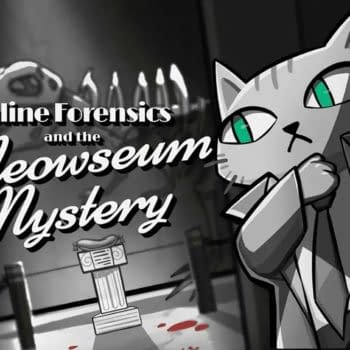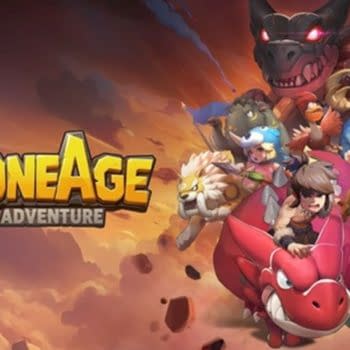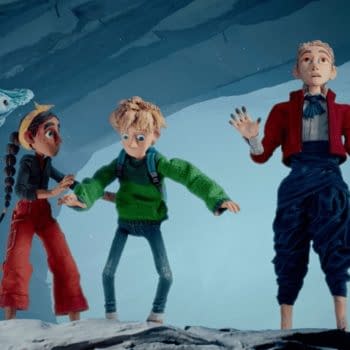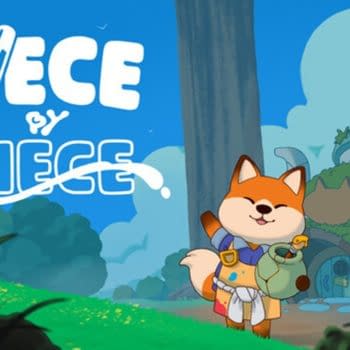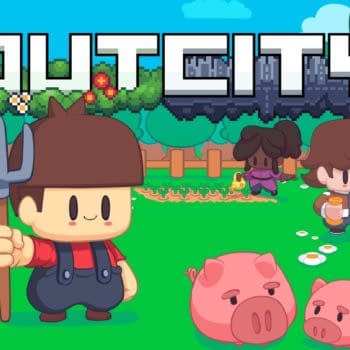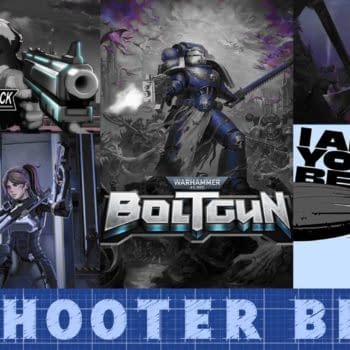Posted in: Games, Video Games | Tagged: controversy, e3, gamergate, minecraft, Notch, the last night, Tim Soret
The Controversy Of 'The Last Night' Just Gets Worse The Longer We Look At It
One of the many announcements that came from Microsoft's massive Xbox Briefing at E3 yesterday was about a little game called The Last Night. While the game's trailer may have had you enthralled, there was a problem going on behind the scenes in the gamer circles. While you may have missed it, the game is considered controversial due to a connection with GamerGate. As much as I hate to name-check GG, and as much as they hate it when I name-check them, this one isn't my call at all.
The facts are pretty much established on that case, as the GG community of Kotaku In Action readily admit and it should have stayed with Tim Soret. Yes, Soret supported GamerGate in 2014. And is involved in The Last Night. In fact, he fielded his own share of blowback during the Xbox briefing, but that wasn't the real problem. In fact, Soret handled the situation with a series of tweets denouncing his prior views, which is at least a positive step. No, it just had to get worse.
The problem came when a tweet was picked up by the developer of another game. While you won't find the tweet in question lurking about Twitter any longer, at one point last night during the Xbox show, Notch of Minecraft decided to resort to namecalling when a woman called out The Last Night for its ties to GamerGate. A screenshot is below so you can get the full rundown.
Right. There's something to be said for sticking up for your fellow game devs, but honestly. Valid criticism is not a moment to break out the childish insults. The tweet was quickly pulled from Notch's account, for obvious reasons, but the damage was done. As you can see, Notch's tweet garnered a decent amount of support, while the original tweet calling out The Last Night only got a lukewarm response.
Just showing that, while we might like to say GG is behind us, it is obviously alive and well and entrenched in the community at the deepest levels.
It is one thing for players to ascribe to that kind of childish behavior and clear sexism, and another for a known game designer to take a public stance in favor of it by calling a woman a c*nt on Twitter.






![[REVIEW] "Gang Beasts" is Zany Party Madness](https://mlpnk72yciwc.i.optimole.com/cqhiHLc.IIZS~2ef73/w:350/h:350/q:75/rt:fill/g:ce/https://bleedingcool.com/wp-content/uploads/2019/09/gang-beasts-7-350x350.jpg)
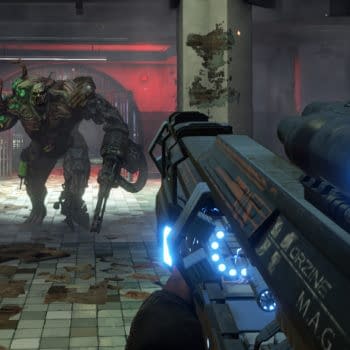
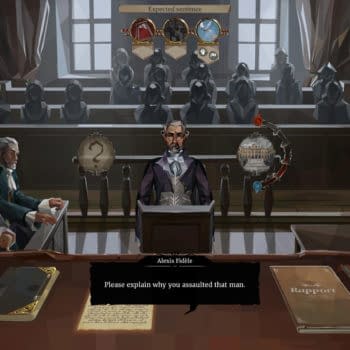
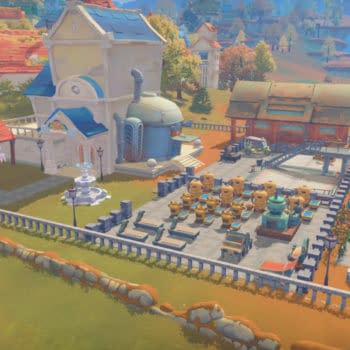
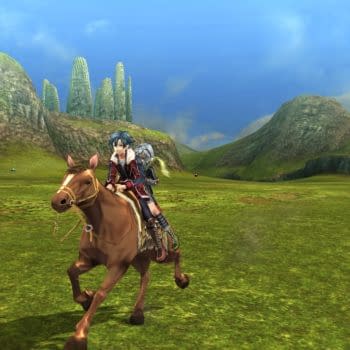
![[REVIEW] "Divinity: Original Sin II" Definitive Edition is Almost Perfect](https://mlpnk72yciwc.i.optimole.com/cqhiHLc.IIZS~2ef73/w:350/h:350/q:75/rt:fill/g:ce/https://bleedingcool.com/wp-content/uploads/2018/08/Divinity-Original-Sin-2-Definitive-Edition-art-350x350.jpg)
